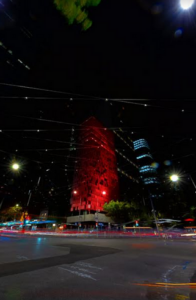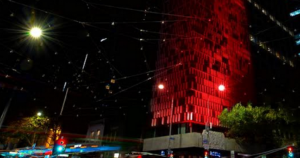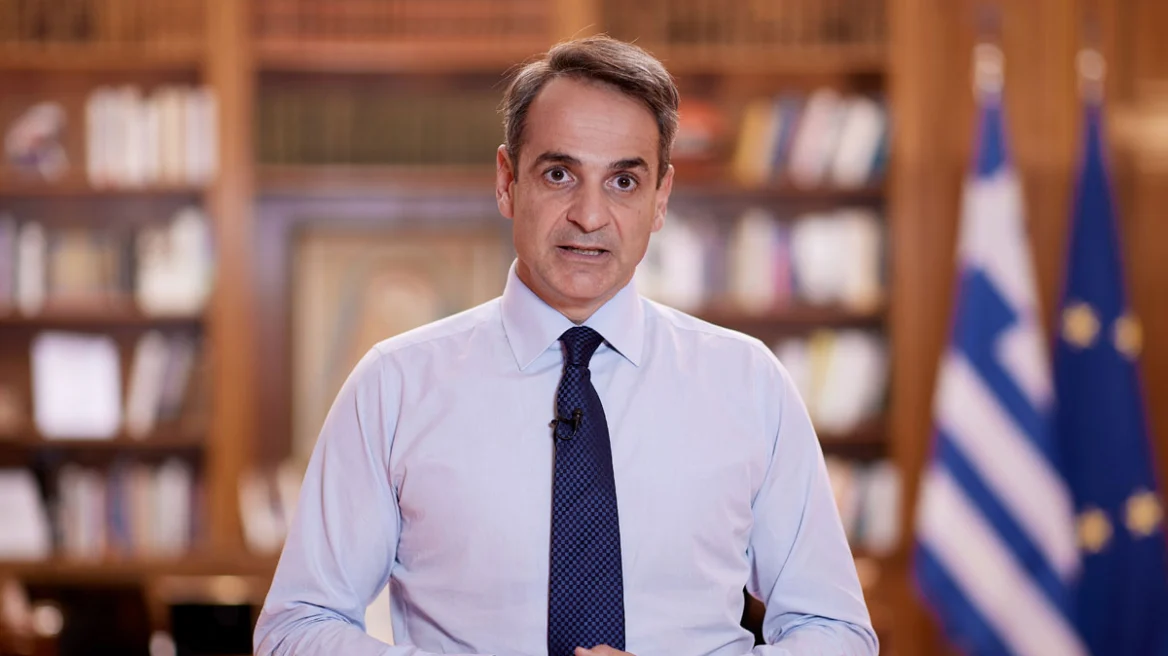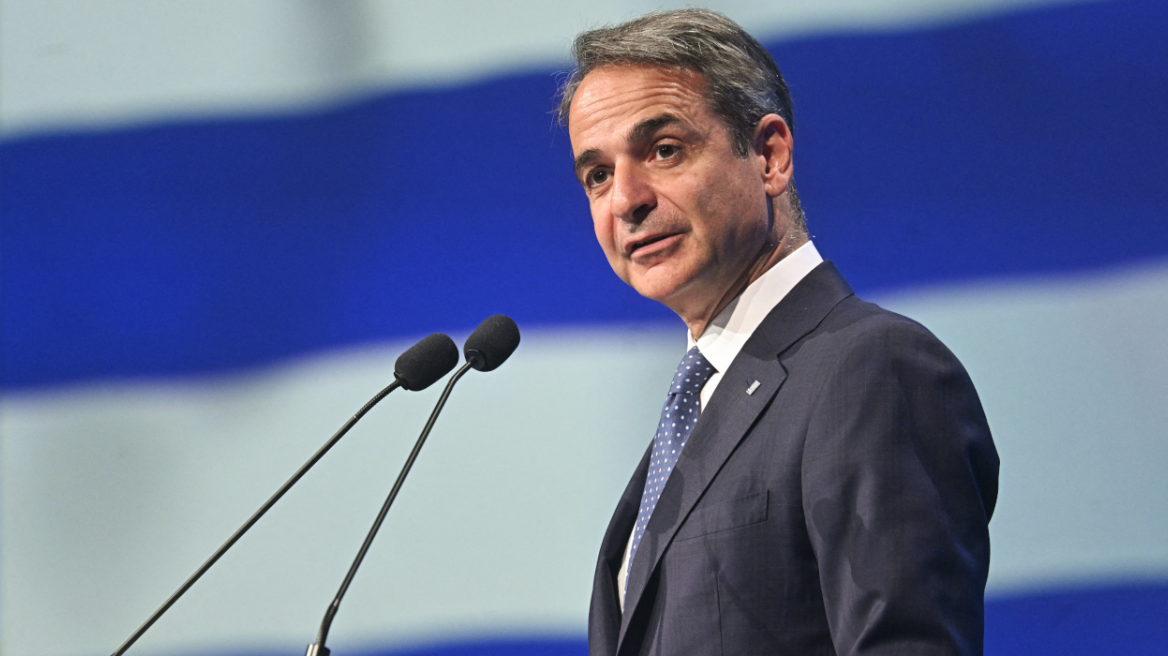The Greek Center will be lit up in red, in solemn remembrance of the Pontian Greek Genocide (1916-1923), one of the darkest chapters in Greece’s history.
This initiative signifies the collective resolve of the Greek community to honour the memory of the fallen and to ensure that their stories are never forgotten. The red illumination of the Greek Center symbolizes the 350,000 lives lost, a solemn tribute to those who perished at the hands of brutality and injustice. Through this gesture of remembrance, the Greek Community of Melbourne (GCM) underscores the importance of acknowledging past atrocities and educating future generations about the horrors of history.
With hearts heavy with remembrance and eyes set on a brighter future, the GCM stands united, determined to safeguard the legacy of those who came before us.

Bill Papastergiadis OAM, President of the GCM, shared the story of his grandmother, a woman of remarkable resilience, born in Trabzon amidst the upheaval of Minor Asia. “In her eyes, I saw a strength that defied all odds,” Mr Papastergiadis reminisced. “She faced the darkest of days with unwavering ethics and an indomitable spirit. Even as she rebuilt her life in Kastoria, the shadows of genocide lingered, haunting her every step.” He continued, “Her words, ‘Bill, we must forge ahead,’ echo in my heart. She couldn’t bear to speak of the horrors she witnessed, but her message was clear: resilience in the face of adversity”.
As he stood before the Greek Center, bathed in a solemn red glow, Mr. Papastergiadis declared, “Today, we pledge to remember, to honour the memory of those who endured unimaginable suffering and loss. Our gesture, a beacon of remembrance, signifies our commitment to ensure that history never repeats itself.”
Mr. Papastergiadis concluded, echoing Edmund Burke’s wisdom: “Those who don’t know history are doomed to repeat it.”

Vice President of the GCM, Anthea J. Sidiropoulos, has a deep connection to the Pontian Genocide through her full Pontian Bloodlines. “Both my Paternal and Maternal Great Grandparents settled in Katerini, Northern Greece, after surviving their journey from Pontos, witnessing unspeakable horrors, and losing much of our extended family” she states. “I am moved to tears by the red glow over the Greek Community building. I am reminded of our family’s painful history, and overwhelmed with a mix of sadness and relief. The red glow is a fitting tribute to lives lost, and an acknowledgment of our existence as Pontians. A significant reminder of how cultural heritage is so important for future generations.”
May 19th marks the official Pontian Greek Genocide Remembrance Day, honouring the memory of 350,000 Pontian Greeks who perished at the hands of the New Turks and the Ottoman Empire from 1916 to 1923. Other sources including foreign missionaries mention 500,000 deaths, most through deportation and forced marches into the Anatolian desert. Recognized by the Greek state in 1994, this genocide stands as one of Greece’s bleakest chapters, marked by a systematic campaign to eradicate the native Greek populace of Anatolia. The atrocities committed during this time included massacres, forced deportations involving perilous marches, expulsions, executions, and the deliberate obliteration of Eastern Orthodox cultural, historical, and religious landmarks.
Ask me anything
Explore related questions





